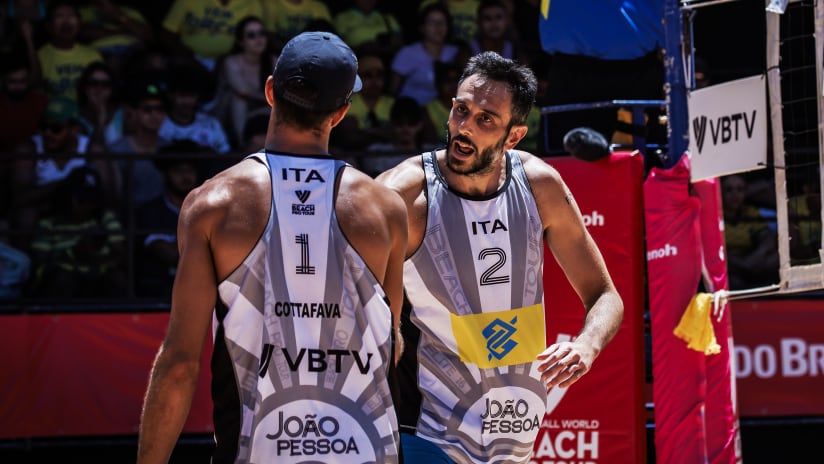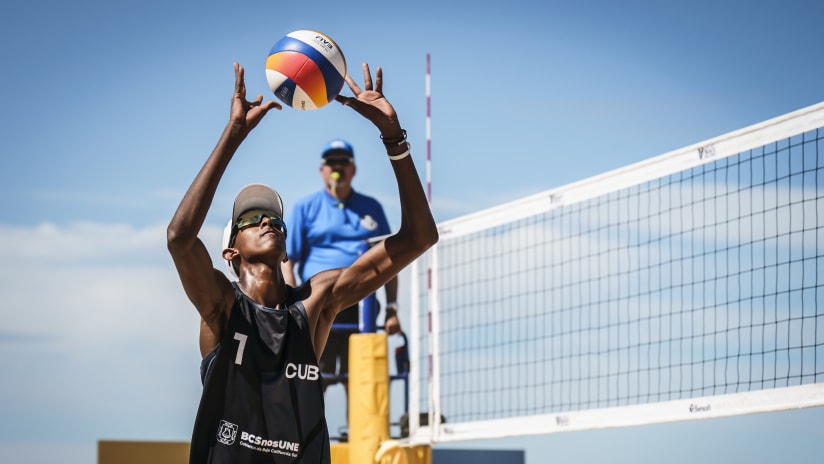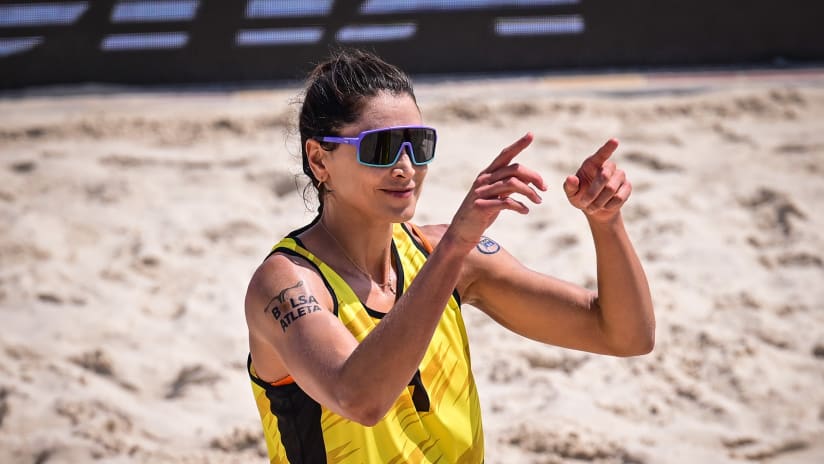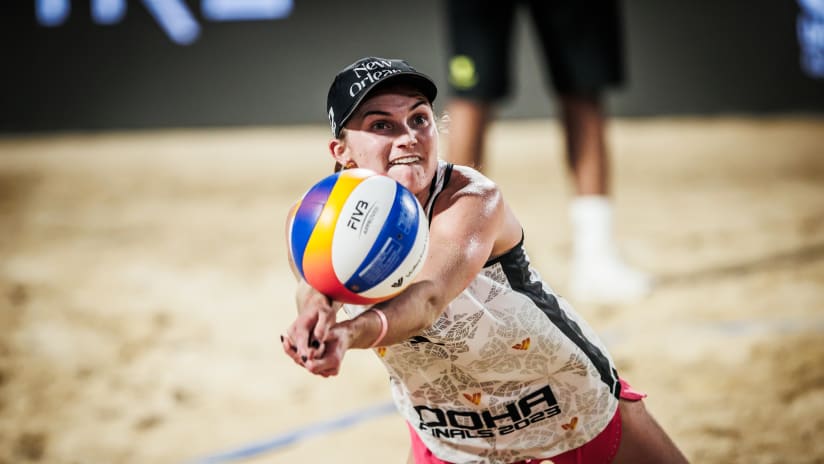VW: How do you see the scenario for your team at the Olympics? Do you see your team among the favorites to win a medal?
Nicolai: I think that we are not among the favorites, but we can definitely win a medal. The level is very high but if we are able to play at our best, we will have chances.
VW: With four Olympics, one Olympic medal, two at the World Championships and several more on the Beach Pro Tour, you are often considered the best Italian player ever. Is this something you think about? Did you somehow consider this could happen when you first started?
Nicolai: It is a privilege and, of course, something that I’m really proud of. My dream when I started was being the best player in the world and I still work every day to become that player.
VW: We now see several blockers who can serve and set at a high level in international beach volleyball, but that wasn't the case when you first started. You, however, always had these skills as a big part of your game. Did you anticipate this could be where beach volleyball was going or was it more of developing the skills you thought could help you do well?
Nicolai: As I said, when I started, I would like to become the best player in the world, so I tried to do what the best player in the world did. Phil Dalhausser was the best player in that period and he did all these things in an awesome way. Like in every sport, the game has evolved and if you want to continue among the best, you have to adapt. Setting gives you a chance to change timing and spacing, while serving well can put the other team in a more difficult position to score. So, I always thought that these were two of the most important skills in the sport.
